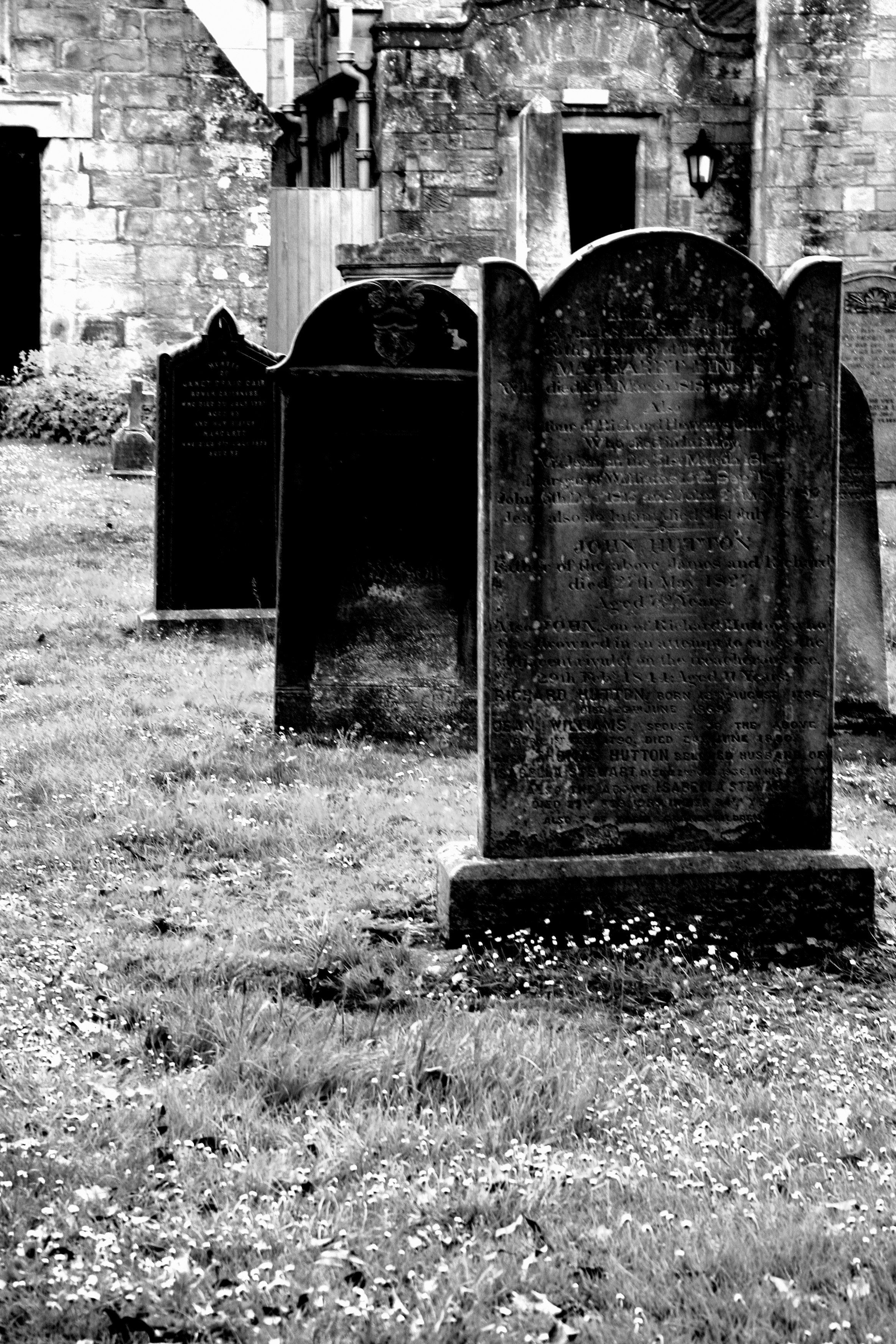“Your time is limited, so don’t waste it living someone else’s life. Don’t be trapped by dogma — which is living with the results of other people’s thinking. Don’t let the noise of others’ opinions drown out your own inner voice. And most important, have the courage to follow your heart and intuition.” Steve Jobs
“Don’t be trapped by dogma” said Steve Jobs in a commencement address to Stanford grads. Let’s be disturbed by these words. Dogma is the thoughts and teachings of others; it becomes dangerous when we have not adequately considered what we think and believe for ourselves. Who are we? What do we value? What do we believe? What matters most to us?
These questions require courage to ask and to answer. Paul Tillich writes, “Faith is the state of being ultimately concerned: the dynamics of faith are the dynamics of man’s ultimate concern.”[1] We must decide if we want to be conscious, thoughtful and concerned. We must yearn to move from the teachings of childhood to the grounded thinking and meaningful beliefs of adulthood. What is our ultimate concern? As Paul wrote:
Then we will no longer be infants, tossed back and forth by the waves, and blown here and there by every wind of teaching and by the cunning and craftiness of people in their deceitful scheming. Instead, speaking the truth in love, we will grow to become in every respect the mature body of him who is the head, that is, Christ. Ephesians4: 14-15
If we are going to mature into the amazing beings we are capable of and realize a fraction of our potential, then we are going to need to challenge dogma. Without meaningfully questioning what we have been taught, we will never develop grounded convictions of our own. Most defensiveness and superiority is a cover for the insecurity that results from living an unexamined life. Adherence to dogma leads to division and mindless fundamentalism.
At the Center for Christian Life Enrichment we encourage everyone to identify and bring to consciousness their beliefs and values. These beliefs are learned in childhood and form the operating system of our lives. They are working below the level of awareness all the time. It is in learning how to identify our core beliefs that we are able to consider and decide what it is that we consciously want to adhere to and let guide our lives.
This choice to examine what we think, believe and value is a core responsibility of every adult. It is our duty to be aware of what is continuously motivating and influencing us at an unconscious level. As children we were encouraged and rewarded for conforming to the standards and expectations of our parents. As adults it is our obligation to challenge what we have been taught and decide what we want to genuinely value and believe in.
Socrates was right when he said that the unexamined life is not worth living. We have the joy and responsibility as human beings to embrace what we have been taught and test it to see if it is consistent with what we believe and value as adults. There will be principles and morals we retain and there will those we replace. This is a key element in the process of our individuation—our journey to becoming whole and complete human beings.
the joy and responsibility as human beings to embrace what we have been taught and test it to see if it is consistent with what we believe and value as adults. There will be principles and morals we retain and there will those we replace. This is a key element in the process of our individuation—our journey to becoming whole and complete human beings.
The game is consciousness. How can we as Christians really expect to become like Christ if we lack the courage and determination to identify and weigh what we really believe. Have courage and make it your aim to ground what you believe and value in thoughtful and conscious deliberation. Chase truth at all costs in the pursuit of actualizing our seemingly limitless human potential.
“Everyone has inside of him a piece of good news. The good news is that you don’t know how great you can be! How much you can love! What you can accomplish! And what your potential is!” -Anne Frank

Pingback: 4 Things That Get Us Stuck | Growing in Faith